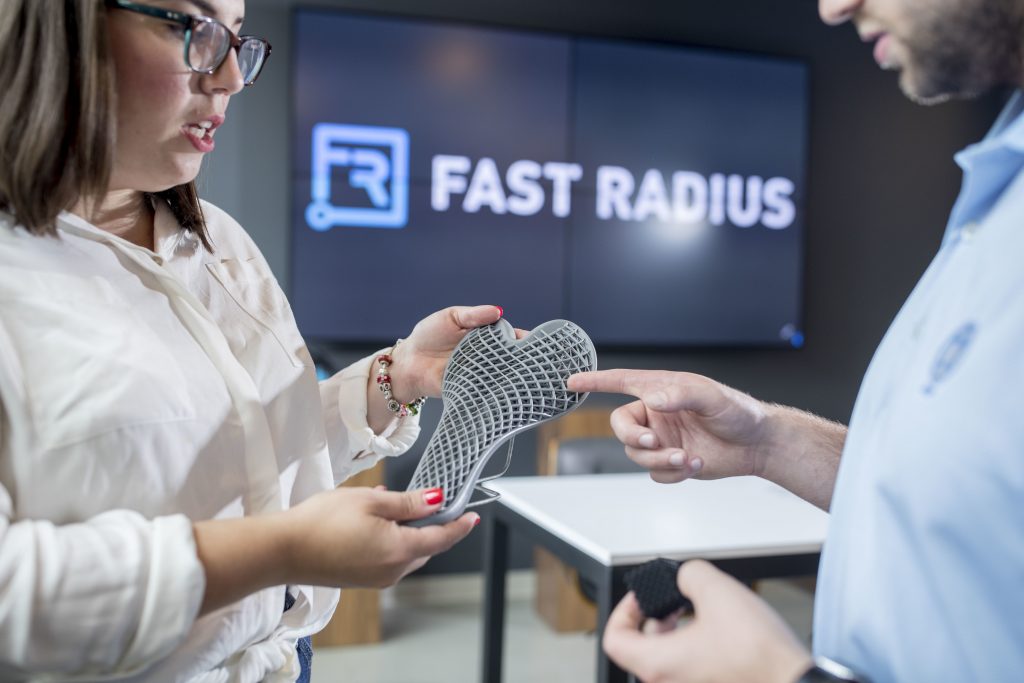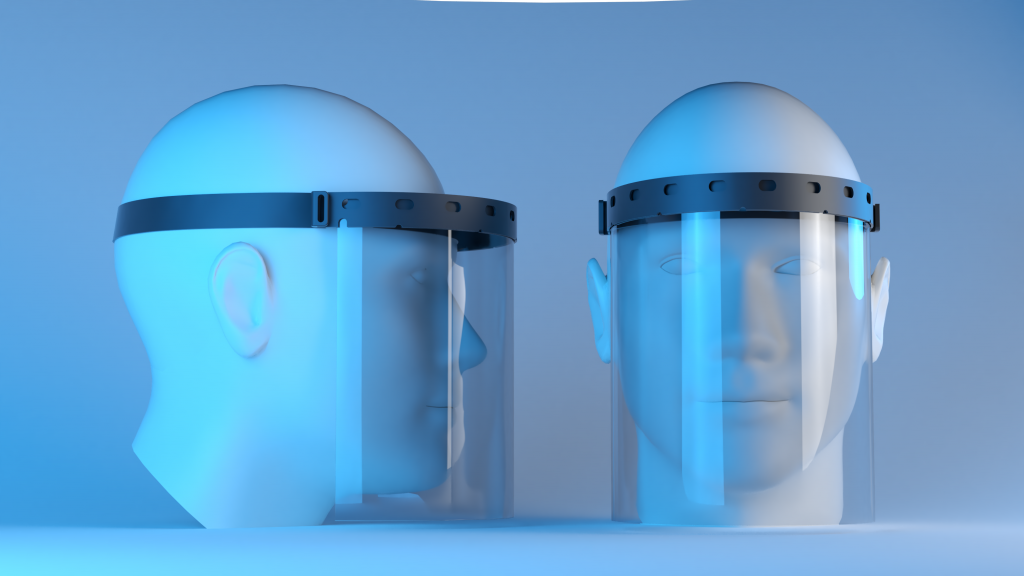Fast Radius, a Chicago-based advanced digital manufacturing company, has filed for bankruptcy due to “recent turbulence in the capital markets, which severely hampered the company’s ability to set up the required capital structure.” This followed just nine months after Fast Radius announced in July 2021 that it would list on the NASDAQ stock exchange, at which point a wave of layoffs started in the summer.
The business has declared that it will remain operational and serve customers in the due course despite having filed voluntary petitions for relief under Chapter 11 of the United States Bankruptcy Code in the District of Delaware. The business has so far produced goods for the automotive, aerospace, and consumer goods industries using subtractive methods as well as Multi Jet Fusion, fused deposition modeling, and digital light synthesis.
“Every year since our founding, Fast Radius has grown our revenue, expanded our customer base, and extended our service offerings. However, recent headwinds in the capital markets have inhibited our ability to adequately put the capital structure needed in place,” said Fast Radius Co-founder and CEO Lou Rassey. “Our board has deemed this filing an appropriate next step. We continue to be convinced of the importance of innovation in manufacturing and the potential for our Cloud Manufacturing Platform.”

What’s next in store for the firm?
“Fast Radius has invested over 200 million USD in creating a first-of-its-kind Cloud Manufacturing Platform. Like cloud computing, we provide a platform of software tools and manufacturing solutions to help engineers design and make commercial-grade parts for a 360 billion USD market. We have served over 2,000 manufacturing customers and 23,000 software users since 2020. We thank our suppliers and partners for their continued support through this process. We also thank our team members for the continued commitment and dedication to serving our customers,” added Fast Radius Co-founder and CEO.
As part of its bankruptcy filing, Fast Radius has requested the court to make specific marketing and sale procedures. The company is said to be in active discussions with one or more prospective partners. The assessment and investigation of possible strategies are ongoing, with a proposed bid deadline of December 5, 2022.
Fast Radius will continue to operate its business while the bankruptcy court is in session and in accordance with applicable U.S. law. As a debtor-in-possession, the company is protected under the Bankruptcy Code. Fast Radius has filed the standard court motions asking approval to utilize liquid assets and operating cash flows to assist its continued operation throughout the proceeding. This includes continuing to pay employees wages and benefits. Furthermore, the company has stated that it intends to pay suppliers and vendors in full and on standard terms for goods and services delivered on or after the filing date.
Fast Radius anticipates that its common warrants and stocks will be delisted from the NASDAQ Stock Exchange, but that it will continue to function normally and sustain all existing alliances and services. Although stocks and warrants will be qualified for a quotation on both platforms, there could be no guarantees that trading in the company’s common stock will begin or continue on the OTC Bulletin Board or Pink Sheets.

Fast Radius’ previous milestones
Previously, Fast Radius and UK-based medical technology firm Axial 3D created a new “DICOM-to-print” service for North American surgeons and hospitals. The partnership’s goal was to deliver clinicians in the US, Canada, and Mexico to obtain better surgical planning using patient-specific, micro-millimeter-accurate 3D printed anatomical models. These models, which were created from the patient’s own 2D scans, were allegedly delivered to surgical teams in as little as 48 hours.
Additionally, Fast Radius and Desktop Metal collaborated to assist in the introduction of commercial-grade applications on the Desktop Metal Production System.
Fast Radius had raised $48 million in Series B funding, led by United Parcel Service (UPS), to increase its production capacity globally. By doing this, the business was expected to improve the Fast Radius Operating System (FROS) software that helps customers incorporate additive manufacturing into the process of developing new products.
To stay up to date with the latest 3D printing news, don’t forget to subscribe to the 3D Printing Industry newsletter or follow us on Twitter, or like our page on Facebook.
While you’re here, why not subscribe to our Youtube channel? Featuring discussion, debriefs, video shorts, and webinar replays.
Are you looking for a job in the additive manufacturing industry? Visit 3D Printing Jobs for a selection of roles in the industry.
Feature image displays a Fast Radius 3D printing facility. Photo via Fast Radius.



